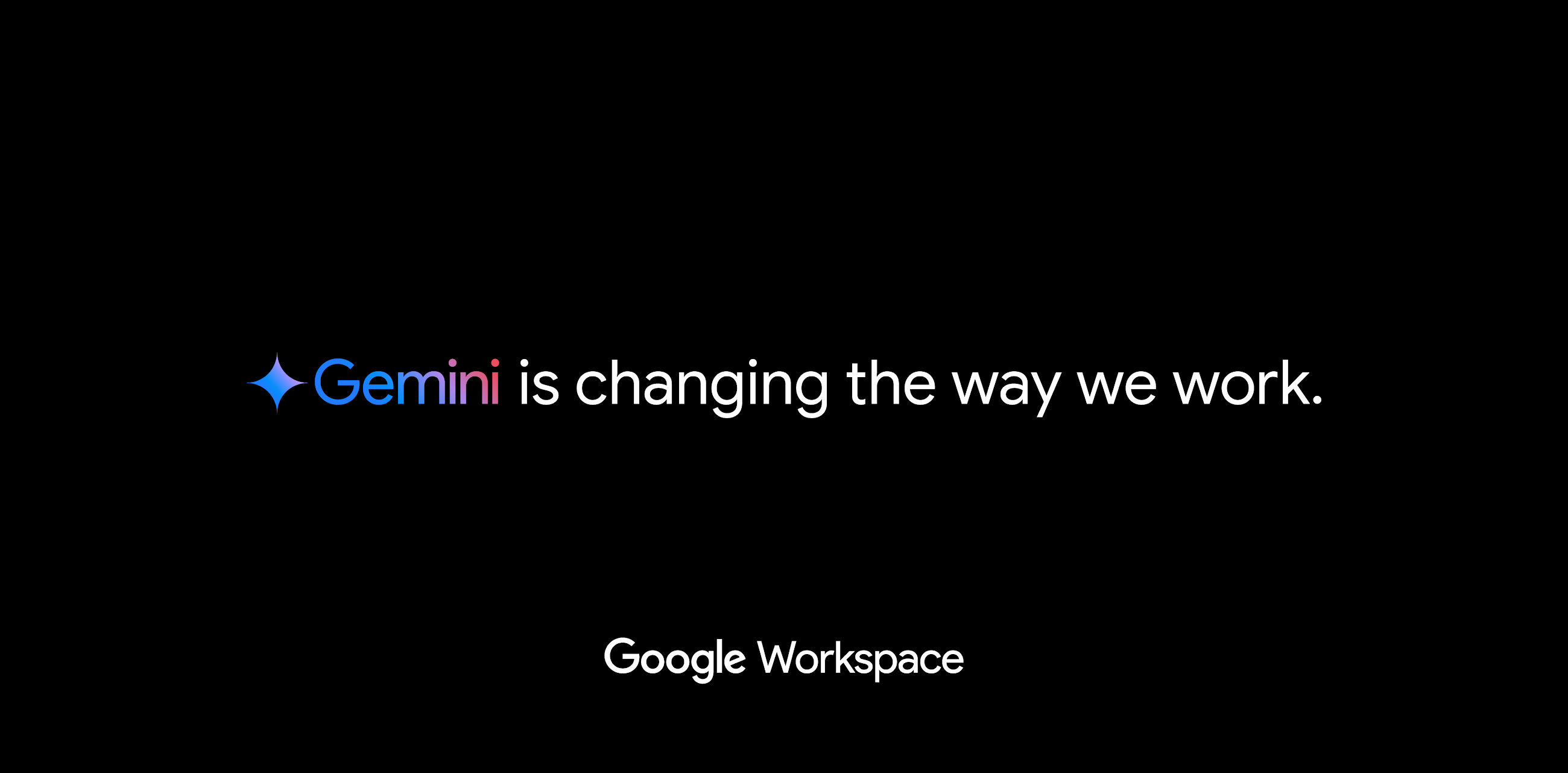we’re making it easy for organizations to extend the power of their data and custom AI models by using Vertex AI with Workspace as a platform, enabling next-generation workflows that are built right into Docs, Gmail, and other Workspace apps
Google Cloud Next ’24 has just started but already a number of exciting product updates have been announced, including the indications of a possible deeper integration of Vertex AI into Google Workspace.
In one of our recent Pulse updates we highlighted Dialogflow CX and Google Chat API integration is now in Developer Preview. The reason I feel this is an important development is Dialogflow CX lies at the heart of Vertex AI Agent Builder (formerly Vertex AI Search and Conversation … formerly Gen App Builder).
Vertex AI Agent Builder lets developers easily build and deploy enterprise-ready gen AI experiences via a range of tools for different developer needs and levels of expertise — from a no-code console for building AI agents using natural language
This integration is significant because it addresses a key challenge I’ve experienced as a Vertex AI Agent Builder trusted tester. Previously, using Google Workspace data in your agents required moving it to a Cloud Storage bucket. The new integration potentially streamlines this process, allowing seamless access to your Workspace data.
This aligns with a broader trend I’m seeing at Google Cloud Next: the emphasis on custom Generative AI-powered agents. Gabe Weiss’s demo in this morning’s keynote showcased the potential of such agents to intelligently support users. Though details about the underlying technology were limited to Vertex AI Agent, the UI does hint at a gemini.google.com integration. You can see for yourself at the queued clip (this may change if Google trims the video).
#GoogleCloudNext

Member of Google Developers Experts Program for Google Workspace (Google Apps Script) and interested in supporting Google Workspace Devs.

